Tesla Model S Categorized as a 'High Polluter' in Singapore

Would you believe an all-electric Tesla Model S is considered a “high polluter” in Singapore?
Owner Joe Nguyen spent months trying to get a license for his Tesla Model S so that it can be driven in Singapore, but he was in for a shock. The Singapore government requires that all imported used cars must undergo exhaust emissions and fuel efficiency tests, and in the case of the Model S, the car’s electricity generation process was assessed for carbon dioxide (CO2) emissions.
Nguyen, who imported his vehicle from Hong Kong, was surprised to hear that the Tesla Model S was not given the Carbon Emissions-based Vehicle Scheme (CEVS) rebate of S$15,000 ($10,800) but rather he was charged a S$15,000 tax for having a non-fuel-efficient car instead because of the strain it puts on the electricity grid.
SEE ALSO: Hacker Uncovers Plan for Tesla P100D
“I don’t get it, there are no emissions,” said Nguyen in a Stuff report. “Then they send out the results from VICOM, stating that the car was consuming 444 watt hour per kilometer (Wh/km). These are not specs that I have seen on Tesla’s website, or anywhere else for that matter. And then underneath it, there’s a conversion to CO2 emission.”
The Singapore Land Transport Authority (LTA) clarified the situation, saying that the Model S was tested under the United Nations Economic Commission for Europe (UNECE) R101 standards. “As for all electric vehicles, a grid emission factor of 0.5 g CO2/Wh was also applied to the electric energy consumption. This is to account for CO2 emissions during the electricity generation process, even if there are no tail-pipe emissions. The equivalent CO2 emission of Mr Nguyen’s car was 222g/km, which is in the CEVS surcharge band,” the spokesperson added.
[Source: Channel NewsAsia]
Discuss this story on our Tesla Forum

Jason Siu began his career in automotive journalism in 2003 with Modified Magazine, a property previously held by VerticalScope. As the West Coast Editor, he played a pivotal role while also extending his expertise to Modified Luxury & Exotics and Modified Mustangs. Beyond his editorial work, Jason authored two notable Cartech books. His tenure at AutoGuide.com saw him immersed in the daily news cycle, yet his passion for hands-on evaluation led him to focus on testing and product reviews, offering well-rounded recommendations to AutoGuide readers. Currently, as the Content Director for VerticalScope, Jason spearheads the content strategy for an array of online publications, a role that has him at the helm of ensuring quality and consistency across the board.
More by Jason Siu



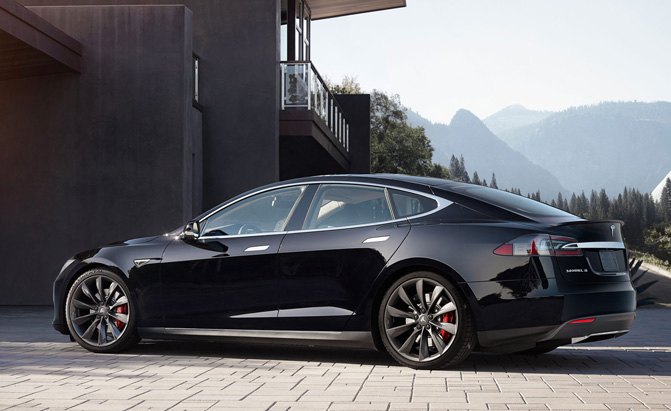




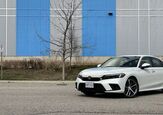







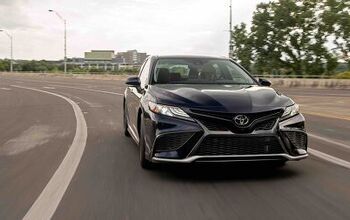
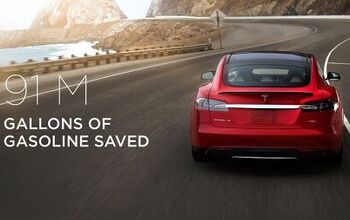
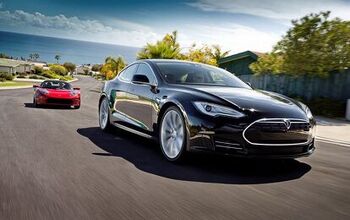

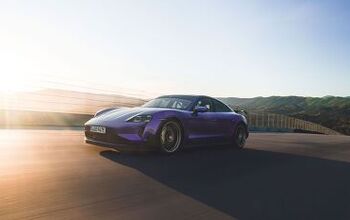
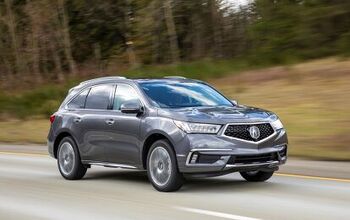

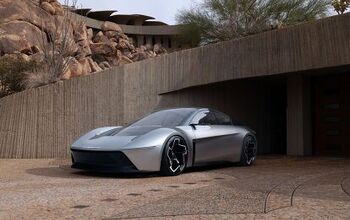
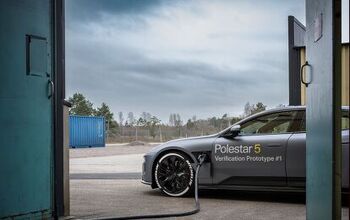
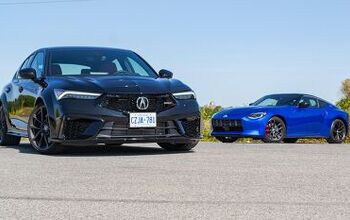
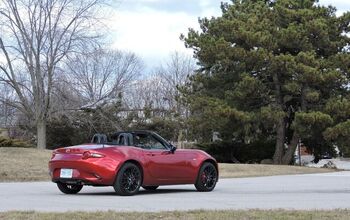

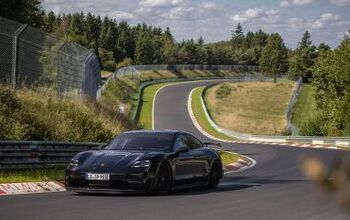
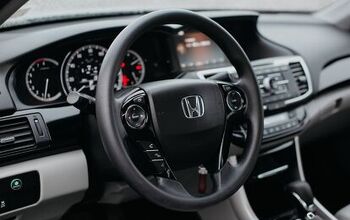
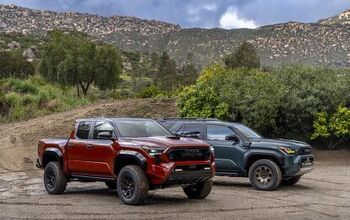

Comments
Join the conversation
To be fair to the guy, just looking at Singapore's Grid Emissions Factor they haven't been at 0.5g CO2/Wh since 2011. As of 2014 they were at 0.4332, which would mean the CO2 emissions of the Tesla S should have been 192g/km, not 222. That still would have meant a $5,000 tax, but not as bad at the $15k tax he was stung with.
Very clear that the owner of the car knows nothing and is a typical uneducated consumer . All electricity in Singapore produces pollution as it is generated from gas , and gas is a fossil fuel , which although generates less pollution , still pollutes . Also nothing is taken into account the battery technology used , and the production of Lithium is very polluting , and there is nowhere to recycle it after use .